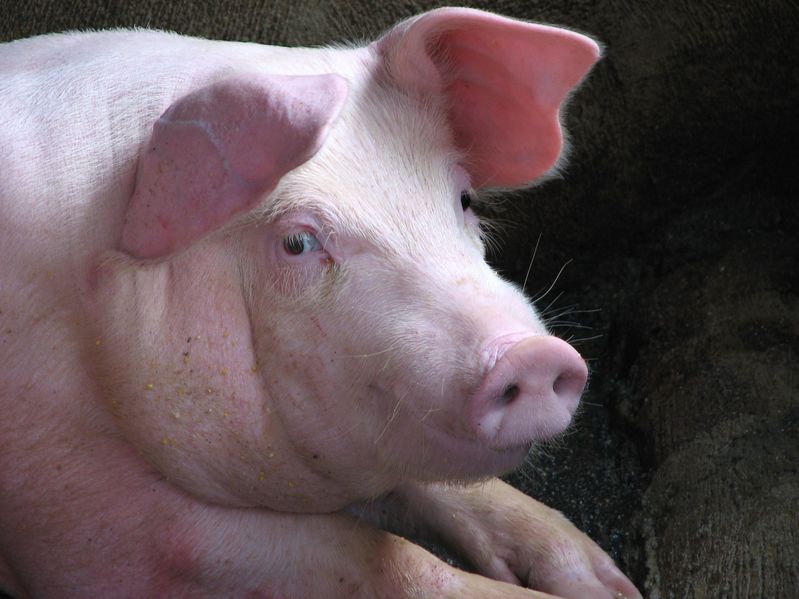
Pig sector groups have held 'constructive talks' with Zac Goldsmith on the possibility of a farrowing crate ban in the UK.
The National Pig Association (NPA) and Pig Veterinary Society (PVS) spoke with the Defra minister during a 45-minute video conference.
Defra has indicated that it wishes to phase the farrowing crate system, which is widely used across the UK pig sector.
The new Pig Welfare code expresses an aspiration to ‘move towards a future where farrowing crates are no longer necessary’.
While there is government support for a ban, pig producers have raised fears over the costly transition, which could force many out of business.
The primary purpose of the farrowing crate is to prevent the sow from rolling on and crushing her piglets.
The crate also enables stockpersons to work easily and safely around the sow and her piglets, during a time when sows can be particularly aggressive.
Lord Goldsmith has in the past supported a campaign to ban farrowing crates and other forms of confinement on farms.
However, since becoming a Defra minister, he has also agreed that any change ‘needs to be done in a way that not only protects both the sow and her piglets, but in a way that is sustainable for the industry’.
The meeting was therefore an opportunity for the NPA and PVS to set out the industry’s position and to discuss the challenges associated with moving to alternative systems.
The likely increase in piglet mortality and lack of research and advice available for those wishing to make the move was highlighted by the two groups.
Prior to the meeting, the NPA sent Mr Goldsmith a briefing setting out its position and the challenges any change would bring.
NPA chief executive Zoe Davies said the meeting was 'very encouraging': “He appeared genuinely interested in understanding the issues and working with the industry on finding solutions.
"He asked a lot of questions and wanted to hear our views about the various options, the barriers that would need to be overcome and how government could help.“
The meeting discussed the need for the demonstration of successful systems and how the sector could learn from those pioneers already using alternative systems.
Mr Goldsmith was also invited on the farm so he could see the challenges: “The pig sector has always been forward-thinking and positive and I am sure he appreciated our constructive approach," Ms Davies added.
"Whilst we must ensure that all of our concerns are properly addressed and we have the necessary time and support to explore what is possible, we are optimistic that we can work together and develop a plan for the future.”
